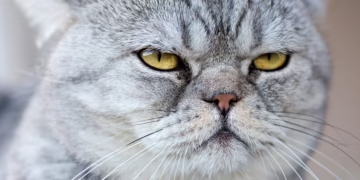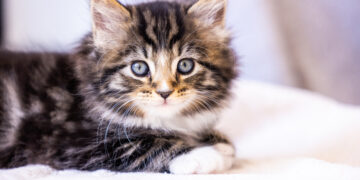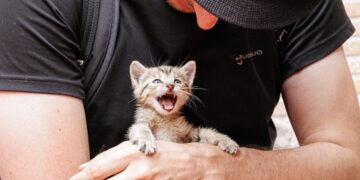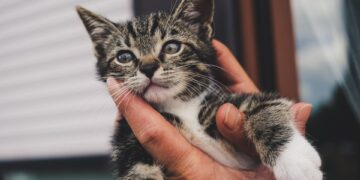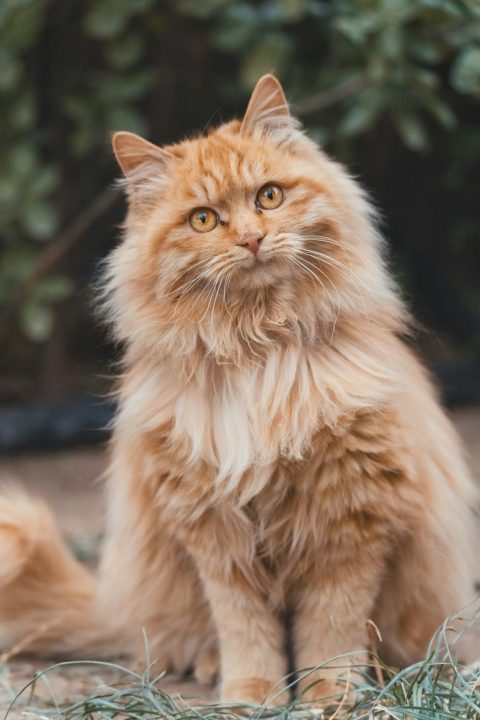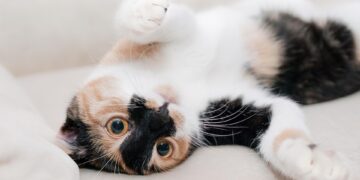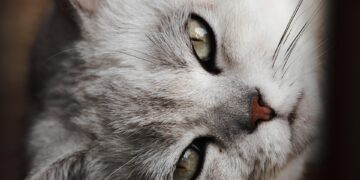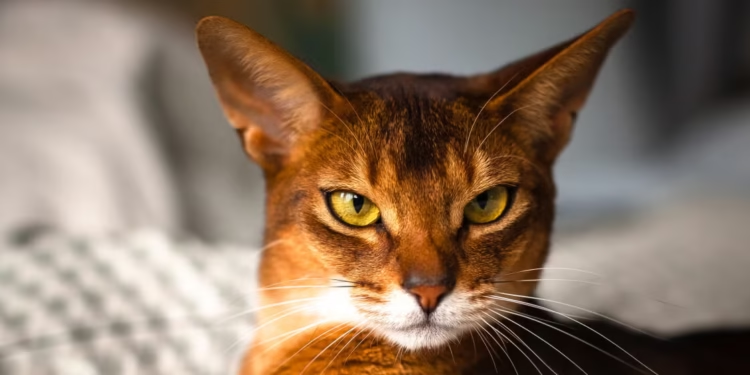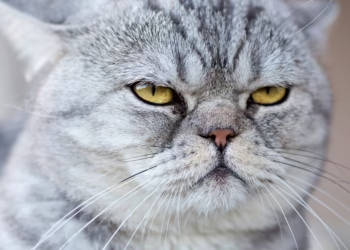The Meow-tastic Transformation: Understanding Cat Behavior Changes After Vaccination
Introduction
As responsible pet owners, we understand the importance of vaccination in ensuring the health and well-being of our beloved feline companions. However, many cat owners may notice changes in their cat’s behavior after vaccination, which can be concerning. In this article, we will delve into the reasons behind these behavior changes and provide insights on how to address them.
Understanding Cat Behavior Changes After Vaccination
It is not uncommon for cats to exhibit changes in behavior after receiving vaccinations. These changes can be attributed to a variety of factors, including the stress of visiting the veterinarian, the physical effects of the vaccine itself, and the cat’s individual temperament.
Common Behavior Changes
Some common behavior changes that cat owners may observe after vaccination include:
- Increased lethargy
- Loss of appetite
- Hiding or avoidance behavior
- Increased vocalization
- Aggression or irritability
Reasons Behind Behavior Changes
There are several reasons why cats may experience behavior changes after vaccination. One of the primary reasons is the stress and anxiety associated with visiting the veterinarian. Cats are creatures of habit and can become anxious when taken out of their familiar environment.
In addition, the physical effects of the vaccine itself can also cause temporary discomfort for the cat. Some cats may experience mild soreness at the injection site or develop a low-grade fever, which can contribute to changes in behavior.
Addressing Behavior Changes
While it is natural for cats to experience behavior changes after vaccination, there are steps that cat owners can take to help their feline friends feel more comfortable and at ease:
Provide a Quiet and Comfortable Environment
After vaccination, it is important to create a quiet and comfortable environment for your cat to rest and recover. Make sure your cat has access to a cozy bed, fresh water, and a litter box in a quiet area of the house.
Monitor Your Cat’s Behavior
Keep an eye on your cat’s behavior after vaccination and monitor any changes closely. If you notice any concerning symptoms such as persistent lethargy, loss of appetite, or unusual behavior, contact your veterinarian immediately.
Offer Comfort and Reassurance
During this period of adjustment, it is important to offer your cat comfort and reassurance. Spend extra time with your cat, petting and cuddling them to help them feel safe and secure.
Conclusion
In conclusion, it is important for cat owners to understand that behavior changes after vaccination are a normal part of the process. By providing a calm and supportive environment, monitoring your cat’s behavior, and offering comfort and reassurance, you can help your feline friend through this period of adjustment. If you have any concerns about your cat’s behavior after vaccination, do not hesitate to consult with your veterinarian for guidance and support.






